The event took place on 5-7 October at Bilbao Exhibition Centre
Collaboration between the sectors taking part in World Maritime Week (naval, fisheries, ports, oil&gas and renewable ocean energy) was the highlight of this three-day event. A total of 1.024 people took part in the main activities of the event, like the congress, the exhibiting area and the B2B and networking programmes. The latest technological breakthroughs were showcased on 5-7 October at Bilbao Exhibition Centre, as well as the new business opportunities in the so-called blue economy and the sea industries.
During the opening speech for World Maritime Week, Basque Regional Minister for Economic Development, Sustainability and Environment, Arantxa Tapia, highlighted the importance of this event as a place where “different sectors come together as they share something so important and precious to us: the sea, a natural space that offers opportunities for economic development”. She also reminded everyone that “in this stage of economic recovery and reactivation, we are certainly keen to get back to normal and were longing to bring back these events as they offer so many business opportunities”.
President of the Spanish Maritime Cluster Alejandro Aznar mentioned the need to “bring together the different sides of blue economy in one place, with several congresses happening at the same time”. Aznar also highlighted the importance of the sector in Spain: “The maritime sector is undoubtedly one of the most important sectors as it is a key driving force and directly influences production. In Spain, its GAV exceeds 32.7 million euros, 3% of the total, and employs around 945,000 people, almost 5% of the country’s total number of jobs. In Europe it accounts for 15% of the total GAV and almost 19% of jobs. Just by looking at these numbers we can understand how important economic activity that uses marine resources is for the country’s economy”.
90 companies took part in the exhibiting area in the Luxua Hall: important shipyards such as Zamakona, Balenciaga, Murueta, Navantia, Gondán and PYMAR, and other leading companies. As for the congress, about a hundred first-rate experts shared knowledge over 85 combined hours. The Sinaval programme addressed issues such as the regulation of greenhouse gas emissions and the impact of new ship designs on marine mammals. Three round tables were also held as part of this congress, where topics such as decarbonisation, cybersecurity and digital twins were discussed.
The Eurofishing conference focused on digitalisation and the efficiency of fishing boats, and the situation of the sector in the Basque Country. The first block explored issues such as the digitalisation of the fishing fleet and energy efficiency solutions applied to the fisheries sector. As for the situation in the Basque Country, various topics were discussed, like pandemics and the contribution of competent organisations, and the contribution of the sector to society and plans to ensure its future, amongst other things.
The main block at FuturePort was Green Deal Implications, where the view of the Port Authorities was examined, as well as low carbon footprint fuels for the marine sector, energy supply on land and electrification in ports and terminals. Other issues that were discussed were digitalisation in practice, technology for the development of ports of the future, and open innovation to boost port digitalisation and automation.
Ocean Energy Conference was held during World Maritime Week for the first time ever and replaced the traditional renewable marine energy talks that had been taking place since 2005. Different strategies to support the development of this energy were discussed, funding opportunities were presented for this emerging sector, and the experiences of leading companies that are developing technologies to harness wave energy efficiently were shared. Lastly, Oil&Gas Conference addressed aspects such as the analysis and prospects of the energy environment, energy transformation and oil&gas industry; as well as solutions for energy transition in oil&gas, and subsea energy transition.
As for buyers, it is worth highlighting the participation of countries such as Mexico, Colombia, Turkey and Croatia, as well as a large amount of Spanish companies. And as the best way to do business is face to face and by networking, B2B meetings were once again one of the most valuable spaces. Participants stressed that thanks to these events they are able to learn more about the situation of the sector in Spain.
In parallel, the social agenda was the unifying element of the event. Among other important events, the award ceremony for the FINE 2021 Prizes was held on Tuesday night. These awards recognised the efforts of professionals from the maritime sector during a gala, which included the following categories: Best Ship (Hodor), Best Shipyard (Zamakona), Best Shipowner (Remolques Unidos Santander), Best Marine Energy Project (T-BOW by Cintranaval engineering), Best Professional (Álvaro Platero Díaz), Best Institution (Maritime Service of the Civil Guard), Fisheries Sector (Nueva Pescanova), Special Port Sector Award (Algeciras Port), and Honour Award (Iñaki Latxaga, of Albacora).


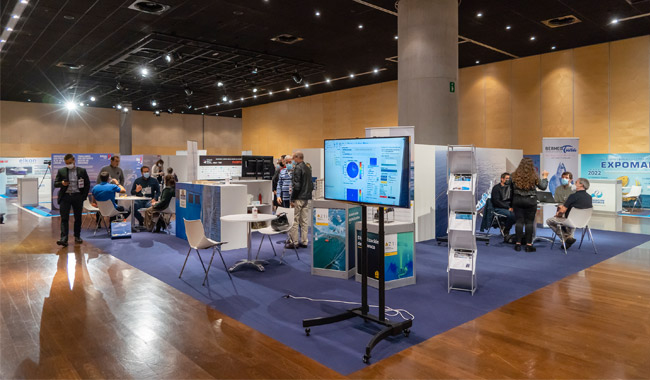
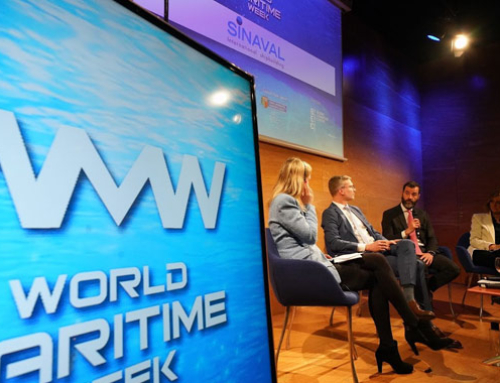
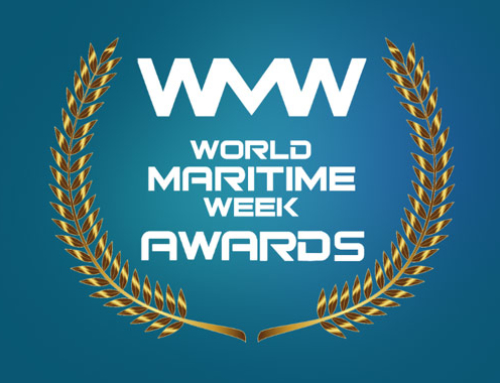
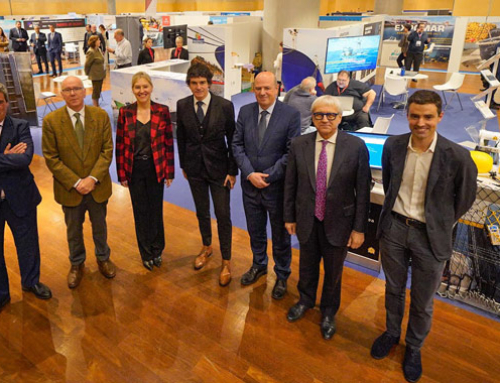
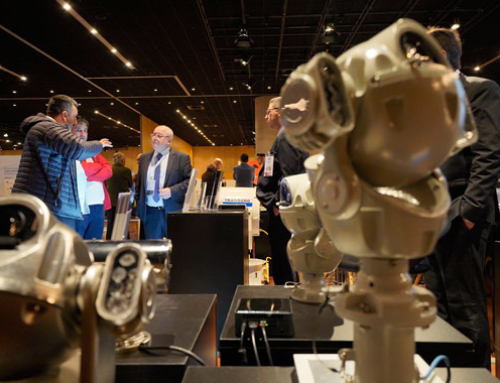
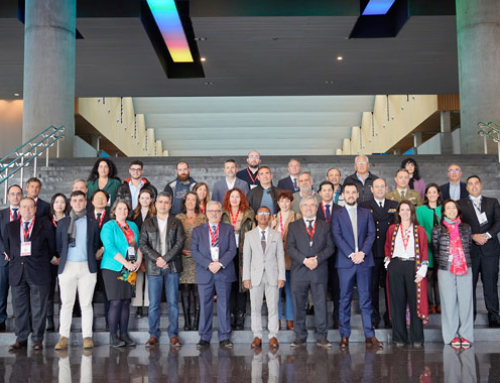
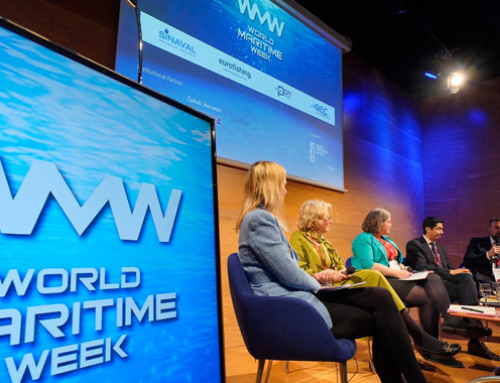
Leave A Comment